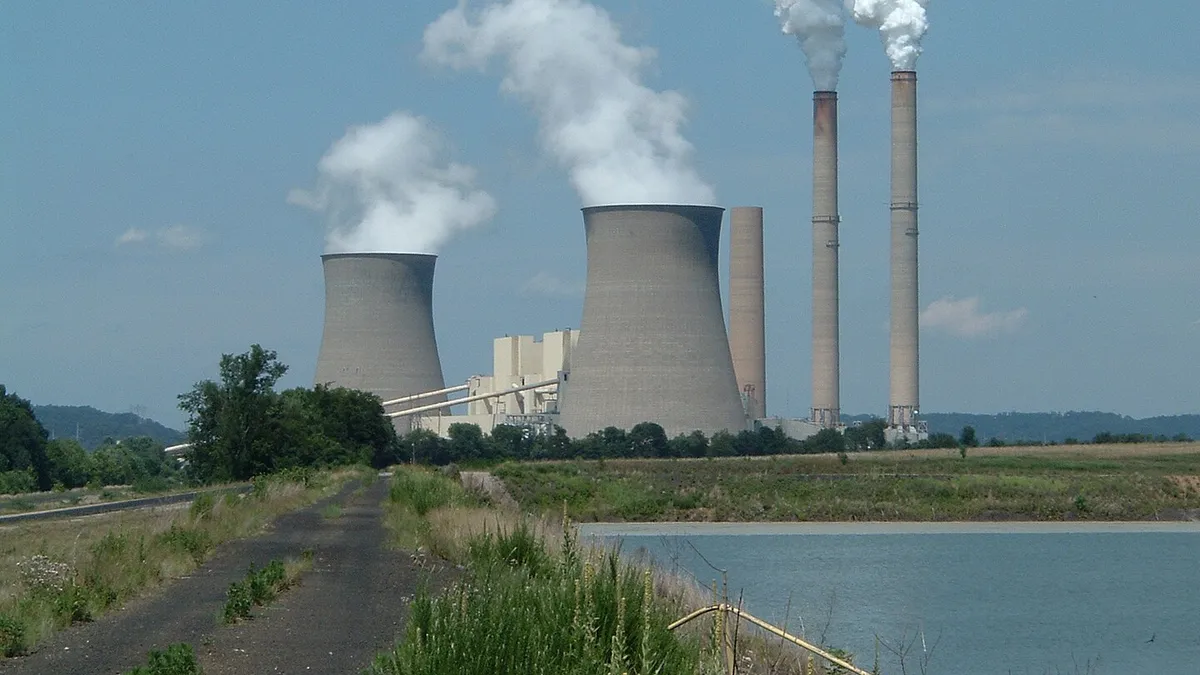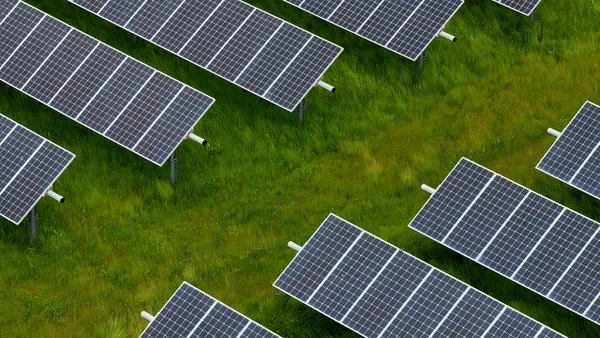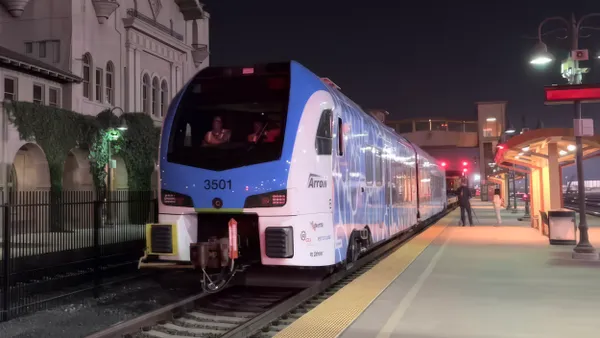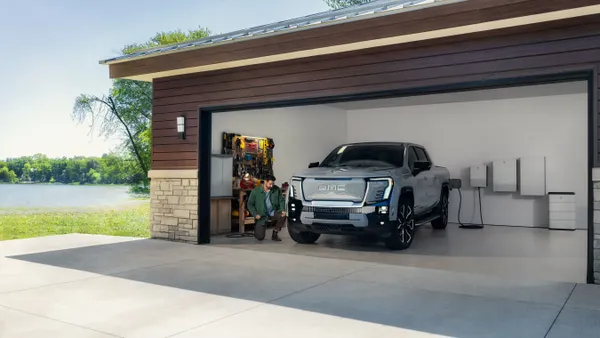Dive Brief:
- DTE Energy is launching a pilot energy efficiency and bill assistance program that will help maintain service to customers behind on their bills, while also offering energy-efficient appliances and weatherization help to reduce future electricity bills.
- The program nearly doubles the size of DTE's previous low-income efficiency offerings, according to a utility spokesperson. The pilot will begin this year and run until December 2021, with a goal of providing service to at least 500 customers at risk of a service shut-off annually.
- Under an agreement between DTE, Sierra Club and other groups, the utility is increasing its single-family Energy Efficiency Assistance (EEA) and multi-family low-income energy waste reduction budgets by $10 million dollars, with 25% of the EEA spend going to the "Troubled Customer Pilot," as the initiative is known. If it is successful, the program could be expanded in the future.
Dive Insight:
DTE's energy efficiency pilot aims to assist utility customers in danger of having their power shut off, and will leverage the reach of local community groups to enlist participants.
The offering is not a new program, but a coordinated combination of low-income payment plans and energy efficiency services. Advocates want to test a theory that a combination of bill assistance and efficiency will decrease consumption and reduce the energy burden on low-income customers.
DTE serves the city of Detroit, which Sierra Club says has a poverty rate almost three times the national average.
"The energy burden is so high in certain communities that people are doing dangerous things to stay warm," Sharonda Williams-Tack, associate director of Sierra Club's Environmental Justice and Community Partnership program, told Utility Dive. The combination of bill assistance and energy efficiency upgrades can help customers reduce energy bills and keep them affordable.
“Utility shut-offs can be a matter of life or death," Williams-Tack said. "People have passed away in Detroit because their power was shut off."
According to DTE, the program has a budget of $2.4 million in 2020 and $2.9 million in 2021.
The pilot, which could be expanded in future years, "is structured based on our community's needs," DTE spokesperson Brynn Guster told Utility Dive. "There are some customers using equipment that is unsafe ... this program is really about getting customers safe equipment."
The program is a modified version of what DTE filed in its 2019 Energy Waste Reduction plan; discussions between the utility and customer advocates to develop the new offering took about six months. The final settlement included Sierra Club, the Natural Resources Defense Council, the National Housing Trust, the Ecology Center and Ecoworks.
Through the program, DTE's Energy Waste Reduction efforts will coordinate with the utility's Revenue Management and Protection program. Single-family customers can receive home weatherization services under EEA, which may include: new insulation, air sealing, heating system replacement, water heaters, refrigerators, window repair, programmable thermostats and other measures.
"Trusted community-based organizations," potentially to include Michigan Welfare Rights, will conduct outreach, and implementation of the pilot program will be a "collaborative process," Williams-Tack said. The coordination with local groups is key to the pilot's success, she said, as some customers may be reticent to communicate with DTE. "There's a point where you stop answering the phone, if you are behind on your bills."
DTE has agreed to conduct quarterly meetings to present data on progress and barriers to the program's success.
Sierra Club is also looking at how the program could be replicated in other utility territories. Williams-Tack said there are discussions between program advocates and Dominion Virginia about new low-income efficiency programs through that utility's energy efficiency Stakeholder Working Group. The group has also had discussions with staff of the Michigan Public Service Commission on similar offerings.
Dominion officials told Utility Dive that their EnergyShare program does some of the same things the Troubled Customer Pilot attempts — linking bill assistance and weatherization — though the program is not proactive in seeking signups. Instead, customers would approach the utility or be referred by a state agency.
According to Williams-Tack, because the Dominion program is not proactive, "there isn't an intentional goal of using the combination of bill payment and weatherization to reduce the energy burden of Dominion low-income customers."
Sierra Club may ask Dominion more questions about the EnergyShare program during the utility's Integrated Resource Plan process this spring "to get clarity," Williams-Tack said. Dominion's program "is not a coordinated effort between their bill assistance and weatherization program to target and reach customers."
The American Council for an Energy-Efficient Economy recently issued its 2020 Utility Energy Efficiency Scorecard, ranking DTE in the top 10 among utilities nationally for efficiency policy and program efforts to save energy. The report highlighted DTE's "renewed emphasis on energy efficiency, as it aims to meet 50% of energy customer demand through renewable energy resources and energy waste reduction" by 2030.















